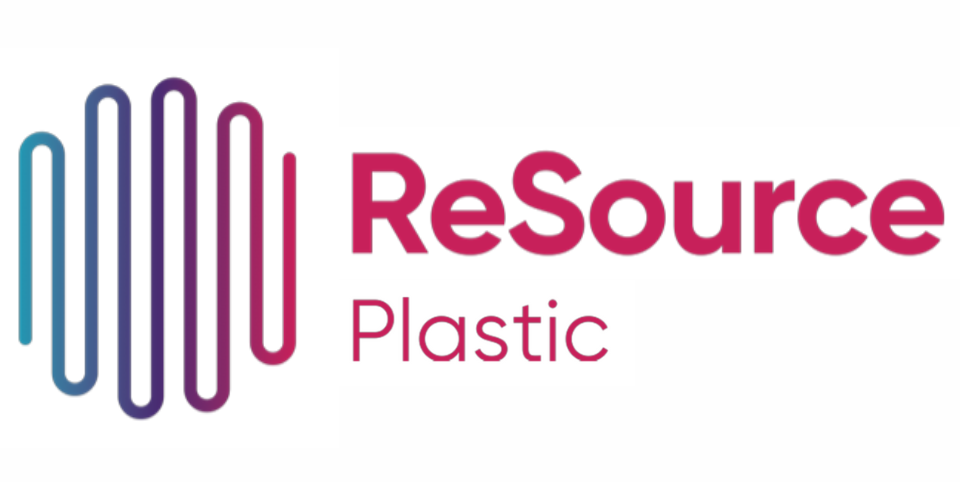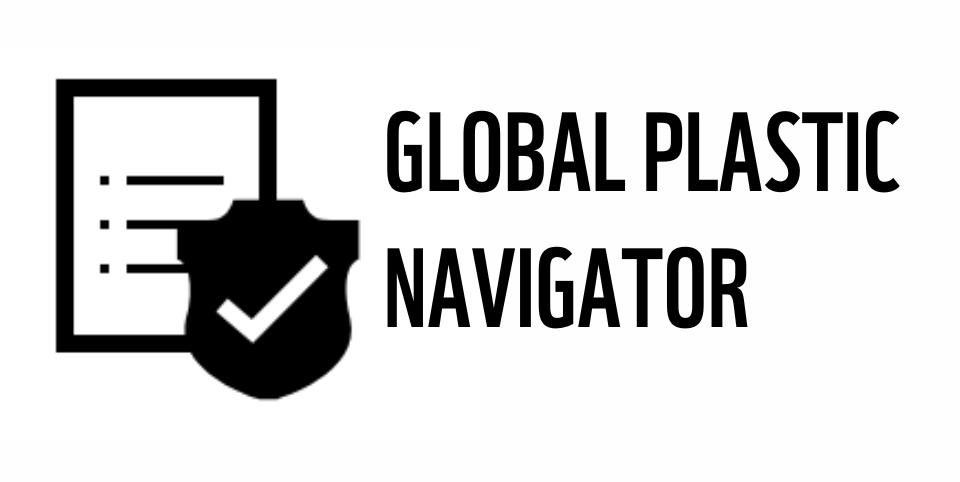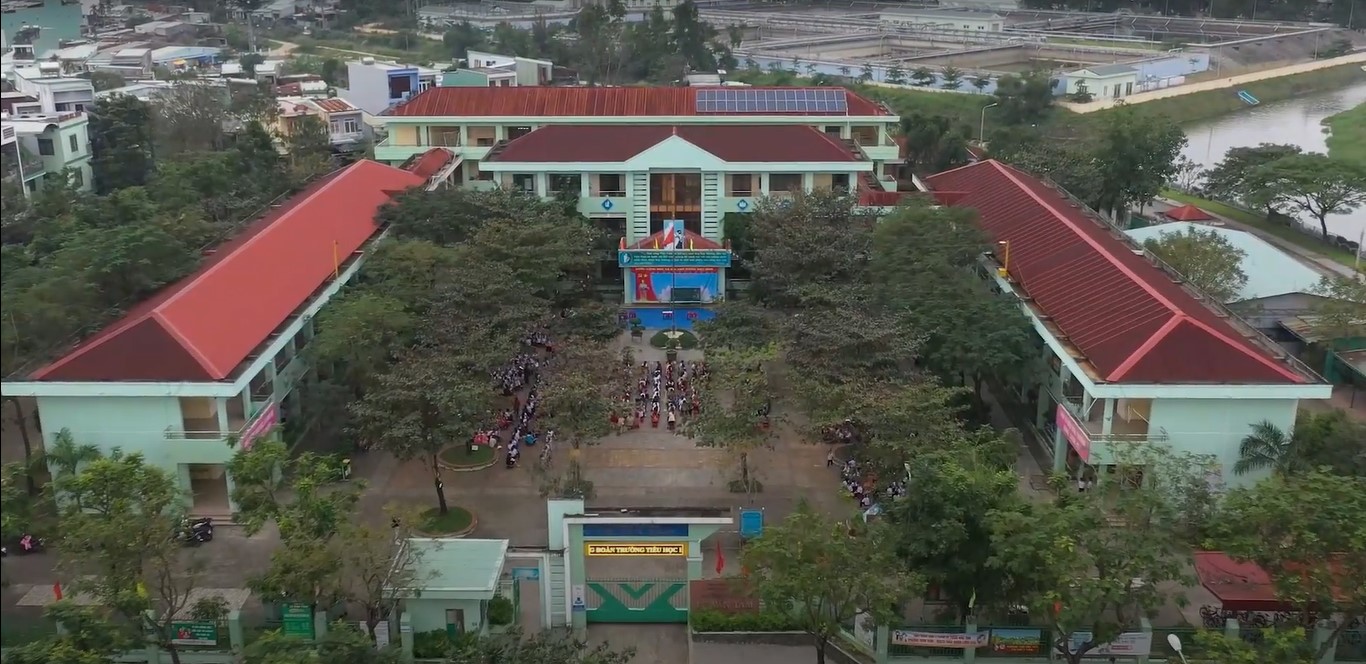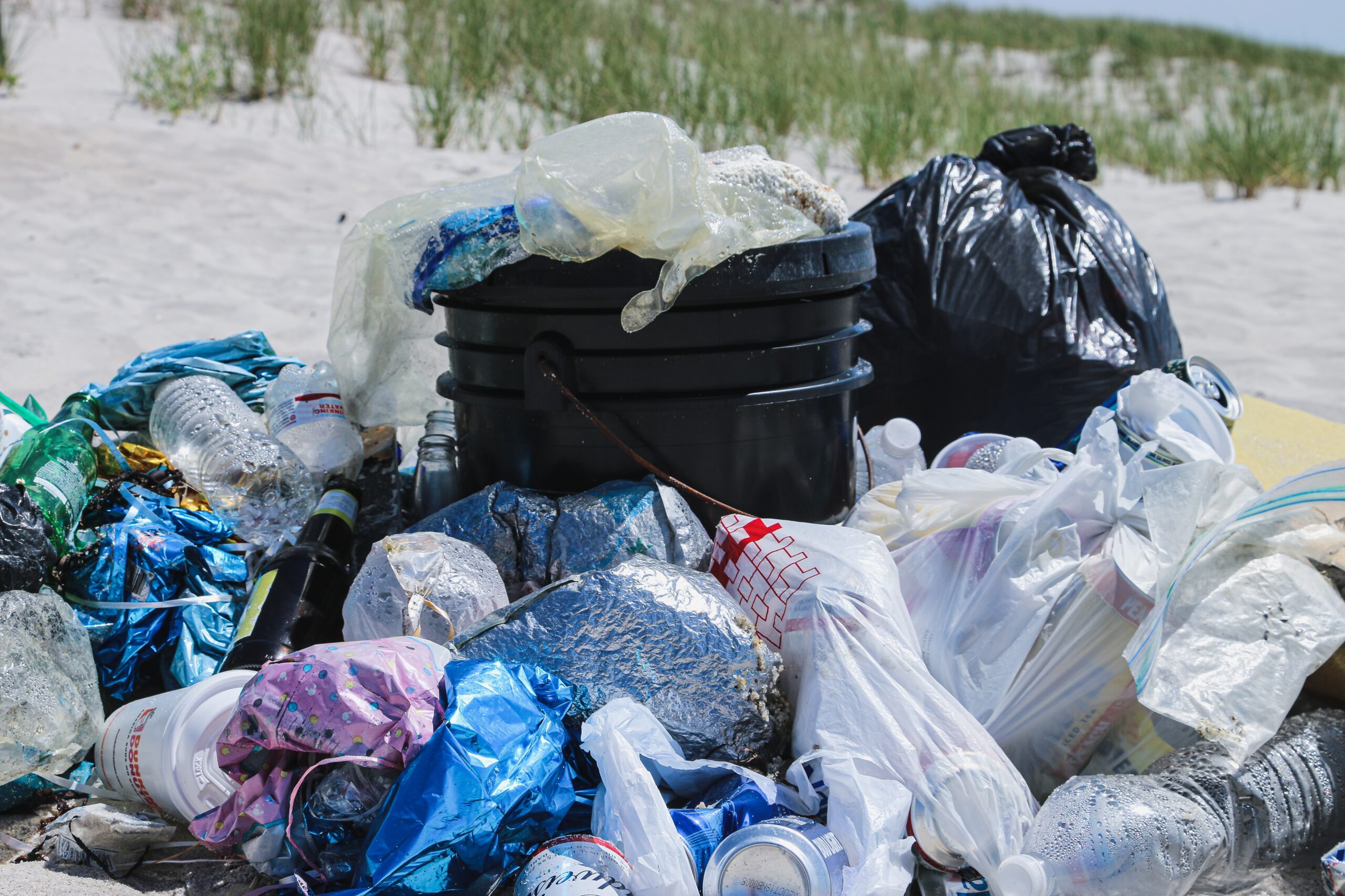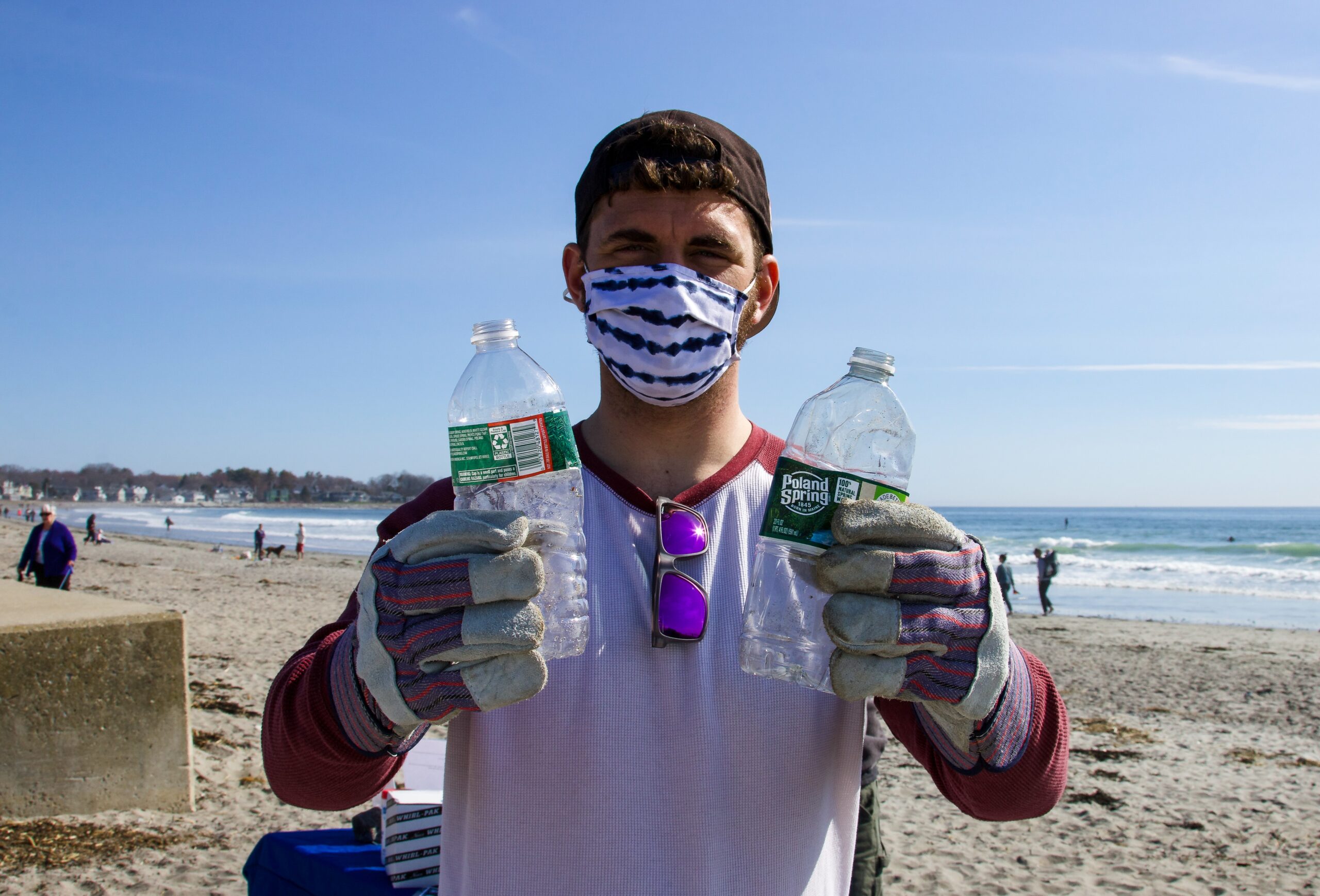The Problem
Despite the undeniable environmental benefits, the widespread adoption of reducing and reusing plastic has not become mainstream for various reasons.
One obstacle is the convenience-oriented culture that promotes the use of single-use plastics.
Consumers often prioritise convenience and immediate gratification over sustainability, leading to continued demand for disposable plastic products. Additionally, the availability and accessibility of affordable reusable alternatives remain limited in many regions, making it challenging for individuals to make the switch.
Lack of awareness and education about the detrimental effects of plastic waste further hinders behavioural changes. Moreover, some industries heavily rely on disposable plastics, making it difficult for them to shift to more sustainable practices without significant operational and financial challenges.


